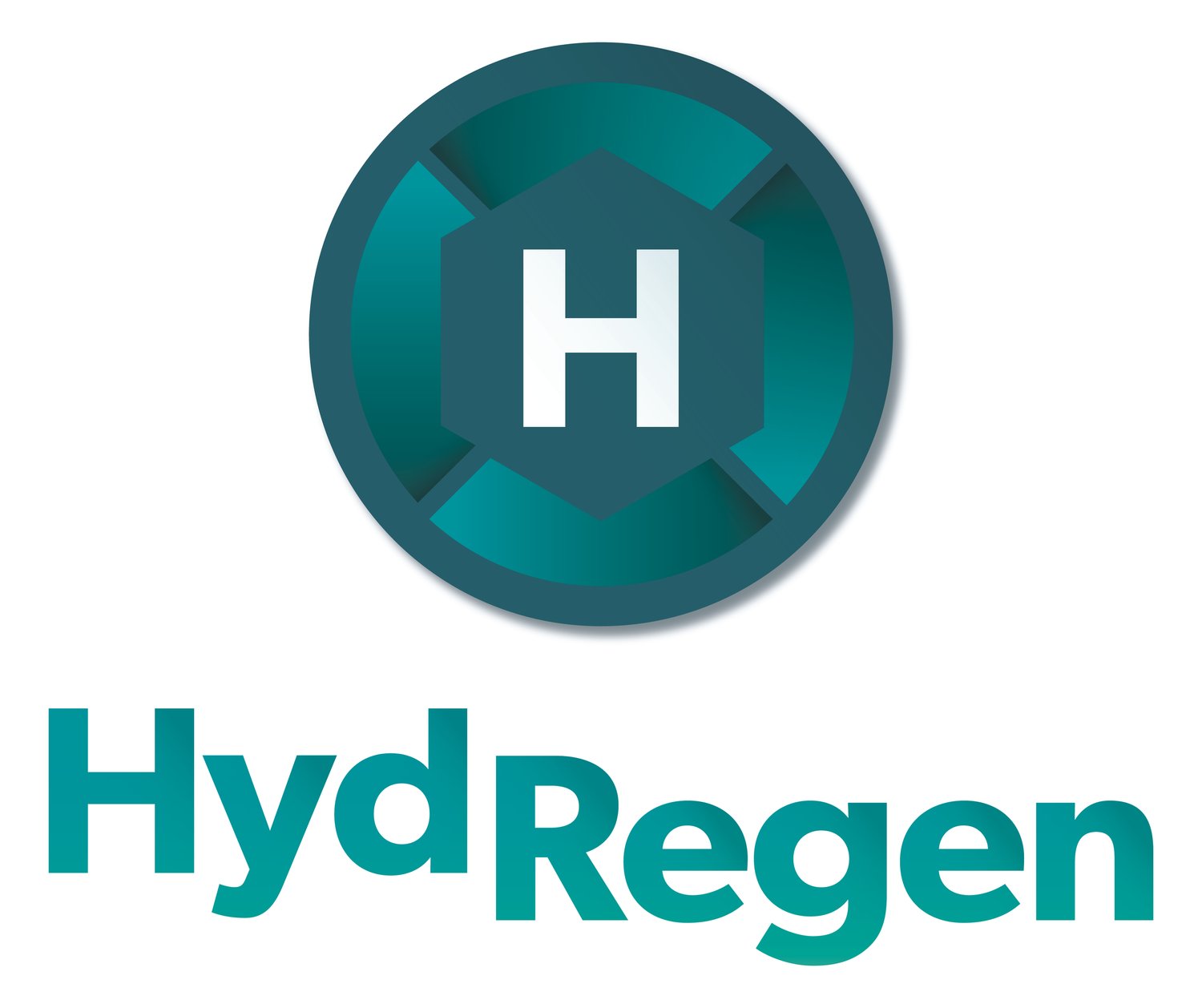Shaking up the biochemical industry
Earlier this month I was listed as one of the 30 most talented trendsetters who are tackling the biggest health challenges of our time, in the ninth BioBeat Movers & Shakers in BioBusiness Report for 2021. Our system, that decarbonises biocatalytic processes and replaces toxic metal catalysts, was highlighted as one of the revolutionary bioscience products for healthcare, transforming the production of drugs and speciality chemicals.
It’s often easy to forget just how far we have come since I was stood at the glove box recording our very first proof-of-concept results, but it’s moments like this and recognitions like those in the recent BioBeat report that remind me how proud I am of what we have already achieved and, what we are capable of achieving in the future.
Since spinning out from the University of Oxford in 2021 we have focussed on new strategies for cleaning up pharmaceutical manufacturing by switching the power source for biocatalysis from glucose to hydrogen gas (see animation below). HydRegen’s technology enables clean and efficient continuous manufacturing processes, lowering the barrier-to-entry for biotech in chemical manufacturing and moving towards a more sustainable future.
From where I started, on a 9-month undergraduate research project, to where I am today as the CEO of a pioneering business developing bio-based manufacturing technologies for the fine chemicals and pharmaceutical markets, I have always been passionate about science, technology and innovation and their place in tackling the challenges that surround us. It was during my undergraduate research project that I fell in love with research. I still remember the day my project, to stick enzymes onto carbon and use hydrogen gas to convert NAD+ into NADH, worked for the first time. The hysteric shouting, laughing and jumping up and down when I started recording a UV-vis spectrum of my final reaction mixture and it had worked. The moment when your hard work, patience and persistence finally pays off is universal across tech development, and completely addictive!
From there, things moved fast. We started to realise just how useful our science could be. In 2013 we won a package of mentoring which increased our interactions with the industry and this, for me, was the turning point. This was when I started on my journey to becoming a science entrepreneur. I had to develop a new set of skills for investigating how to push our technology forward, but I was excited to take on the challenge and to commercialise this technology that I first started in my undergraduate research project.
In 2016, we were awarded £3m academic funding and assembled a team to take the technology towards commercialisation. Each team member brought ideas and passion, taking us in exciting new directions whilst also ensuring that we met the ambitious goals we had set ourselves. By 2020, the technology was robust and reproducible, and it was time to consider a spinout company. Dr Sarah Cleary joined the project as a postdoc and together with Prof Vincent and our chairman Dr Will Barton, we formed HydRegen Limited and started industrial R&D in March 2021. Since then, we have gone from strength to strength. With over 10 years’ academic knowledge behind us, we have been able to get our first minimum viable product ready in just over 6 months.
Now, nearly 1 year after HydRegen began, I am very proud of the amazing team we have built and all our hard work. We believe that together, we can tackle limitations of using biocatalysis and develop cleaner, safer, and more efficient chemical manufacture processes across the chemicals sector.
Holly Reeve, CEO and Founder, HydRegen
